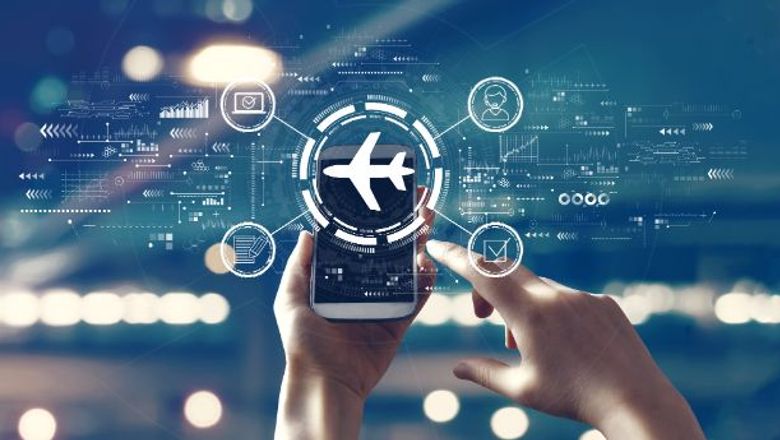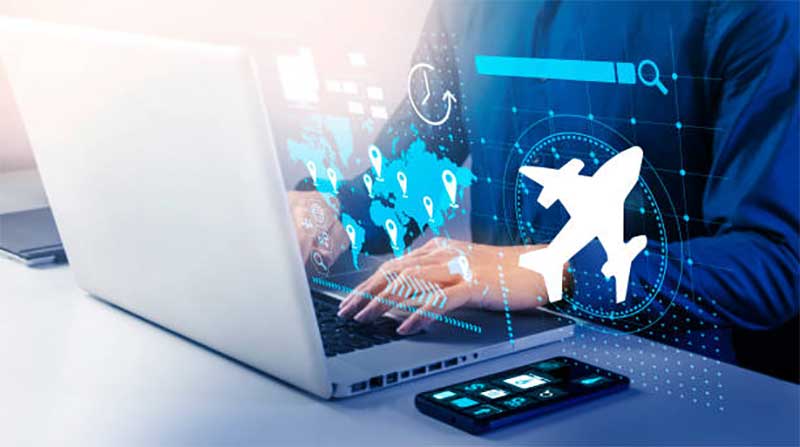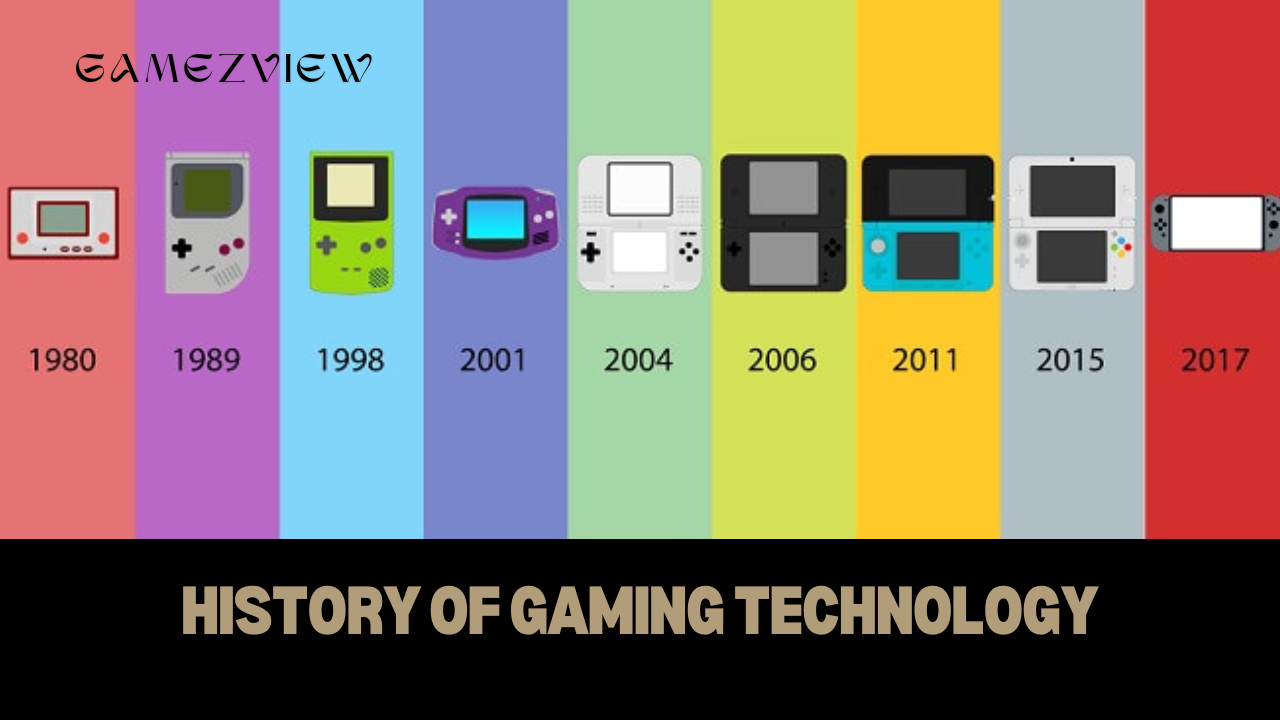In recent years, technology has dramatically transformed the way we travel, making the experience more accessible, efficient, and enjoyable. From booking flights to navigating new destinations, technology has introduced innovations that have redefined travel. In this article, we will explore how advancements in technology are shaping modern travel, examining key trends, tools, and their impacts on the travel industry and travellers alike.
1. The Evolution of Travel Booking
Travel booking has undergone a significant transformation with the rise of online platforms and mobile apps. In the past, travellers relied on travel agents to arrange their trips, often paying hefty commissions for their services. Today, technology has democratized the booking process, allowing travellers to plan and book their trips independently.
a. Online Travel Agencies (OTAs)
Online Travel Agencies like Expedia, Booking.com, and Kayak have revolutionized travel booking. These platforms aggregate options for flights, accommodations, and rental cars, allowing users to compare prices and make informed decisions. With user-friendly interfaces and comprehensive search filters, OTAs have made travel planning more accessible to everyone.
b. Mobile Apps
The proliferation of mobile apps has further simplified the booking process. Apps like Airbnb, TripAdvisor, and Skyscanner offer on-the-go booking capabilities, enabling travellers to make reservations from their smartphones. Push notifications keep users informed about price drops, flight changes, and other important updates, enhancing the overall travel experience.
c. AI and Machine Learning
Artificial Intelligence (AI) and machine learning algorithms are enhancing travel booking by providing personalized recommendations. AI-powered chatbots can assist travellers in finding the best deals and answering queries in real time. Machine learning analyzes user preferences and past behaviour to suggest tailored travel options, making the booking process more efficient.
Understanding the Basics of Cybersecurity: Tips for Protecting Yourself Online
2. Smart Travel Gadgets and Wearables
Technology has also introduced a range of smart gadgets and wearables that enhance the travel experience. These devices offer convenience, security, and connectivity, addressing various aspects of travel.
a. Smart Luggage
Smart luggage is a game-changer for frequent travellers. Equipped with features like GPS tracking, built-in chargers, and remote locking mechanisms, smart luggage ensures that your belongings are secure and easily locatable. Some models even include weight sensors to help you avoid excess baggage fees.
b. Wearable Technology
Wearable technology, such as smartwatches and fitness trackers, plays a significant role in modern travel. Smartwatches can provide real-time updates on flight status, weather conditions, and local time zones. Fitness trackers help travellers maintain their health routines while on the go, tracking steps, heart rate, and sleep patterns.
c. Portable Wi-Fi Hotspots
Staying connected is crucial for many travellers, and portable Wi-Fi hotspots offer a solution. These devices provide reliable internet access in areas with limited connectivity, ensuring that travellers can stay connected, work remotely, or share their experiences on social media.

3. Navigation and Transportation Innovations
Technology has transformed navigation and transportation, making it easier to explore new destinations and get around efficiently.
a. GPS and Navigation Apps
Global Positioning System (GPS) technology and navigation apps like Google Maps and Waze have revolutionized how we navigate unfamiliar places. These apps offer turn-by-turn directions, real-time traffic updates, and points of interest, helping travellers reach their destinations with ease.
b. Ride-Sharing Services
Ride-sharing platforms such as Uber and Lyft have disrupted traditional taxi services, offering a more convenient and often cost-effective alternative. These services provide transparent pricing, driver ratings, and the ability to track your ride in real time, enhancing safety and convenience for travellers.
c. Electric and Autonomous Vehicles
Electric vehicles (EVs) and autonomous cars are shaping the future of transportation. EVs offer a sustainable alternative to traditional combustion-engine vehicles, reducing carbon emissions and operating costs. Autonomous vehicles promise to revolutionize travel by eliminating the need for human drivers, potentially improving safety and efficiency.
4. Enhanced Travel Experiences
Technology has also enriched the travel experience itself, providing new ways to explore and enjoy destinations.
a. Virtual Reality (VR) and Augmented Reality (AR)
Virtual Reality (VR) and Augmented Reality (AR) are changing how travellers experience destinations before and during their trips. VR allows users to take virtual tours of landmarks, hotels, and attractions, helping them make informed decisions. AR apps enhance the travel experience by overlaying digital information onto the physical world, such as providing historical facts about landmarks or translating foreign language signs.
b. Digital Concierge Services
Digital concierge services have become increasingly popular in the hospitality industry. These services, often accessible through hotel apps or smart devices, allow guests to request room service, book activities, and receive personalized recommendations. The convenience of having a virtual concierge at your fingertips enhances the overall travel experience.
c. Smart Destinations
Cities and tourist destinations are incorporating smart technology to improve the visitor experience. Smart destinations use technology to manage resources efficiently, provide real-time information, and enhance safety. For example, smart city infrastructure can offer interactive maps, public Wi-Fi, and intelligent transportation systems to support travellers.

5. Safety and Security Enhancements
Safety and security are paramount in travel, and technology has introduced several innovations to address these concerns.
a. Facial Recognition and Biometric Security
Facial recognition and biometric security technologies are becoming more common at airports and border crossings. These technologies streamline the check-in process, reduce wait times, and enhance security by accurately verifying travellers’ identities.
b. Travel Safety Apps
Travel safety apps provide valuable information and resources to ensure a safe journey. Apps like TravelSafe and SmartTraveler offer emergency contact information, safety alerts, and travel advisories, helping travellers stay informed about potential risks and take appropriate precautions.
c. Digital Health Passports
In response to the COVID-19 pandemic, digital health passports have emerged as a tool to verify travellers’ health status. These digital certificates provide proof of vaccination or negative test results, facilitating smoother travel across borders and helping to ensure public health and safety.
The Challenges and Opportunities of Implementing Smart Home Technology
6. Sustainable Travel Technologies
As environmental concerns grow, technology is playing a crucial role in promoting sustainable travel practices.
a. Eco-Friendly Transportation
Technology is driving the development of eco-friendly transportation options, such as electric buses and trains. These innovations reduce the carbon footprint of travel and contribute to greener urban mobility solutions.
b. Green Travel Apps
Green travel apps help travellers make environmentally conscious choices by providing information on eco-friendly accommodations, activities, and transportation options. Apps like Green Key and EarthCheck offer certifications and ratings for sustainable travel practices, guiding travellers towards more responsible choices.
c. Carbon Offset Programs
Carbon offset programs allow travellers to compensate for their carbon emissions by investing in environmental projects. Technology has simplified the process of calculating and purchasing carbon offsets, enabling travellers to reduce their environmental impact and support sustainable initiatives.
7. The Future of Travel Technology
Looking ahead, several emerging technologies are poised to shape the future of travel, offering exciting possibilities for innovation.
a. Hyperloop and High-Speed Rail
The Hyperloop, a proposed high-speed transportation system, promises to revolutionize long-distance travel by significantly reducing travel times. Similarly, advancements in high-speed rail technology aim to enhance connectivity and efficiency in rail travel.
b. Blockchain Technology
Blockchain technology has the potential to transform various aspects of travel, including secure payments, identity verification, and loyalty programs. By providing a decentralized and transparent system, blockchain can enhance trust and efficiency in the travel industry.
c. AI-Powered Travel Assistants
AI-powered travel assistants are expected to become more sophisticated, offering personalized travel recommendations, managing itineraries, and providing real-time support. These virtual assistants will enhance the travel experience by anticipating needs and delivering tailored solutions.

Technology is profoundly changing the way we travel, offering innovations that enhance convenience, safety, and enjoyment. From the evolution of travel booking and smart gadgets to advancements in navigation and sustainable practices, technology is reshaping the travel landscape. As we look to the future, emerging technologies promise to further transform our travel experiences, making them more connected, efficient, and enjoyable. Embracing these advancements will help travellers the modern world with greater ease and confidence, unlocking new possibilities for exploration and adventure.



